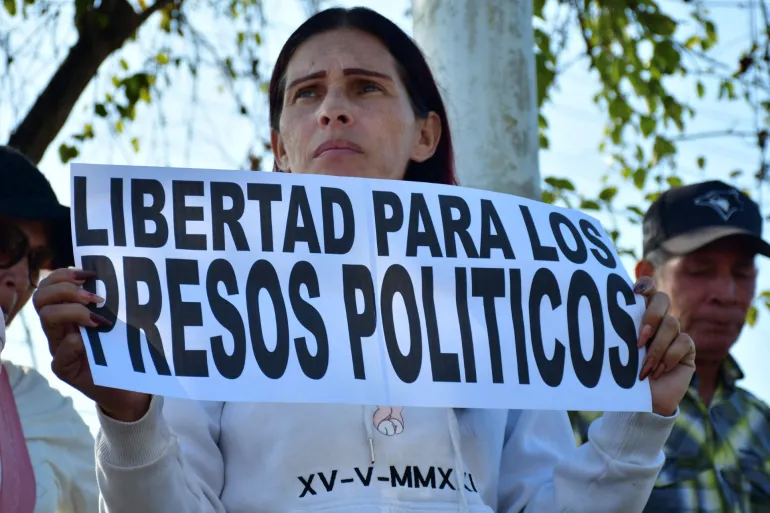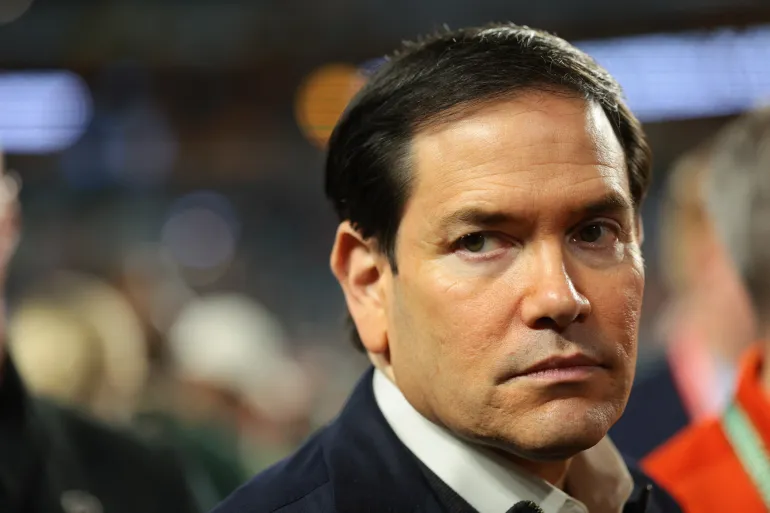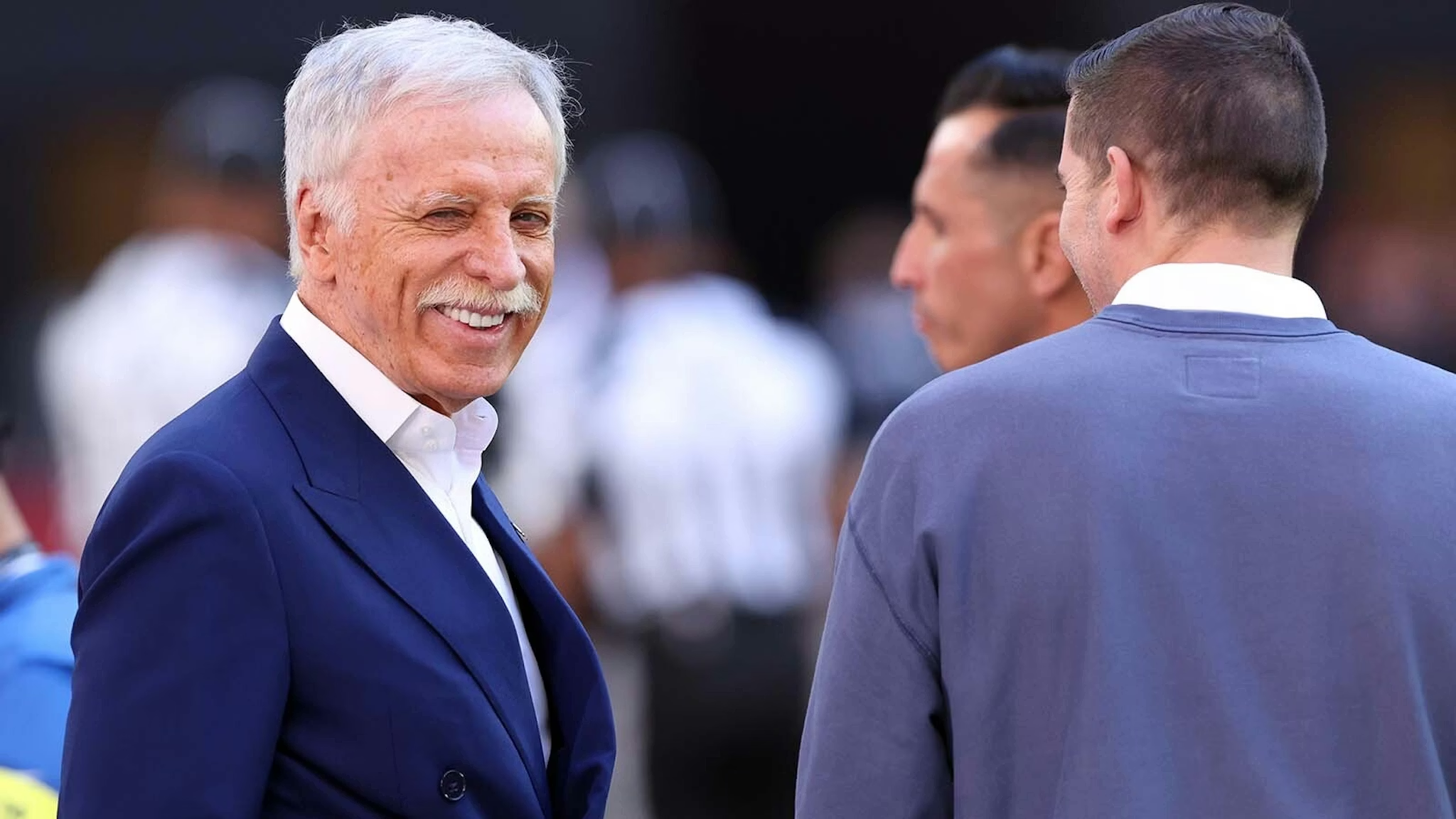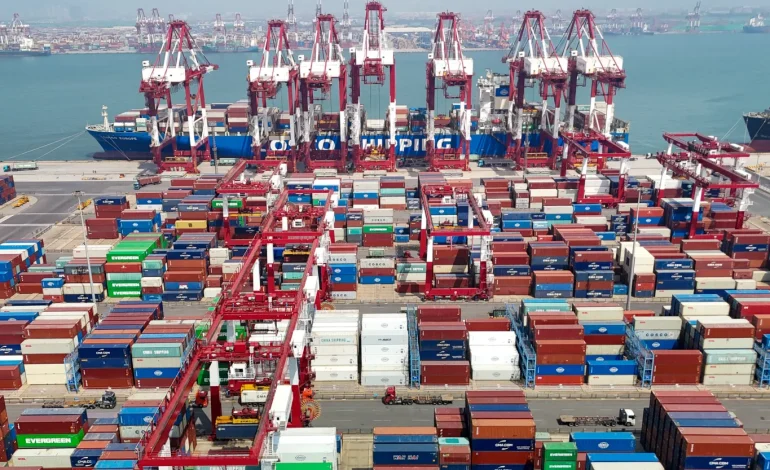As tariffs on imported goods continue to shape global trade dynamics, many US businesses are increasingly relying on a long-standing, legal provision in customs law known as the “first sale rule” to reduce their duty costs, CNBC reports.
While the rule has existed since 1988, it has gained renewed attention in response to heightened trade tensions and tariff policies under former President Donald Trump and his latest proposed tariff measures.
The first sale rule allows importers to calculate customs duties based on the original transaction price — the first sale — rather than the final price paid by the US buyer. For example, if a manufacturer in China sells a product to a trading company in Hong Kong for $5, which then resells it to a US retailer for $10, the US company may be able to pay duties on the $5 instead of the $10. This can significantly reduce the tariff burden, especially when the markup from intermediaries is substantial.
Brian Gleicher, a senior lawyer at Miller & Chevalier Chartered, said the rule is seeing renewed interest as companies look for legal ways to manage the financial impact of tariffs.
“It’s been around for a very long time but … everybody’s beginning to explore it with more interest,” he noted.
Interest in the first sale rule surged during Trump’s first administration in 2018, when a 25% tariff was imposed on many Chinese goods. With new tariffs again under discussion, legal and supply chain experts report increased inquiries about how to apply the rule effectively.
Sid Paruthi, a partner at consulting firm Moss Adams, said companies began seeking guidance on the rule during the first wave of tariffs and are returning now amid ongoing trade uncertainty.
While the rule can deliver cost savings, it comes with strict conditions:
There must be multiple sales in the transaction, including one from the original manufacturer.
All parties must be independent and conduct business at arm’s length.
The goods must be clearly destined for the US from the outset.
Full documentation of the first sale price must be available.
One challenge for importers is obtaining cooperation from intermediaries who may be reluctant to disclose sensitive pricing data.
“If you’re an importer, you need to get that first sale price. You need to have the data,” Gleicher said.
Rich Taylor, a business development consultant in Ningbo, China, emphasized the importance of trust between suppliers, vendors, and buyers in executing this strategy.
The rule is particularly beneficial for companies dealing in high-value or luxury products. Italian fashion brand Moncler recently highlighted the financial advantages of using the first sale method during an investor earnings call, noting that the industrial cost of goods was about half of the intercompany price.
Other companies, including biotech firm Kuros Biosciences, grill maker Traeger, and digital manufacturing company Fictiv, have all publicly mentioned adapting their supply chains to take advantage of the rule.
While the first sale rule is legal and well-established, its growing use could affect the effectiveness of tariff policies intended to promote domestic production and increase tariff revenues. Some experts suggest it may blunt the impact of tariffs by allowing companies to bypass part of the added costs.
The White House has not commented on the increased application of the rule or its implications for broader trade policy. Similarly, US Customs and Border Protection said it could not provide data on the rule’s recent usage by importers.










The latest news in your social feeds
Subscribe to our social media platforms to stay tuned